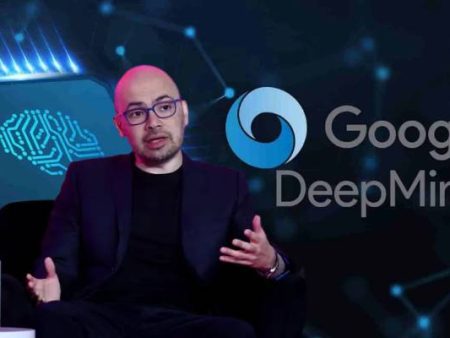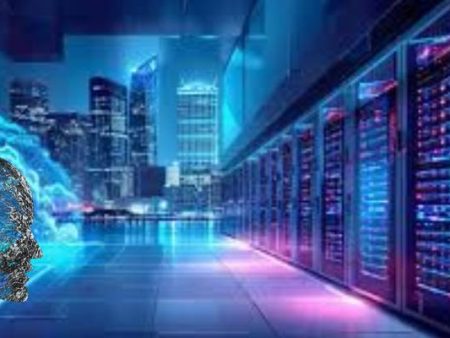Salesforce just made one of the boldest commitments in tech this year, announcing a $15 billion investment in San Francisco over the next five years to supercharge AI development, talent training, and community growth.
It’s not just another corporate pledge — it’s a comeback story for a city that’s been struggling to redefine itself after years of pandemic-driven tech flight.
The announcement dropped ahead of the company’s Dreamforce conference, with CEO Marc Benioff calling it a “long-term investment in innovation, people, and our home.”
The full scope of the plan was laid out when Salesforce confirmed the $15 billion commitment to its hometown.
What’s striking is that this isn’t just about money. Salesforce is positioning San Francisco as the beating heart of its AI ecosystem, launching an expansive campus overhaul, scholarships for AI education, and partnerships with local universities.
The move pairs neatly with its debut of Agentforce 360, a sweeping AI platform that unites the company’s CRM, Slack, and Einstein products under one intelligent layer.
The new system will automate routine tasks and allow employees to interact with data through natural language.
Details of the platform came during the company’s global unveiling of Agentforce 360, signaling that Salesforce wants to be the connective tissue between AI agents and the modern workplace.
There’s also a civic message embedded here. While some tech giants have scaled back their Bay Area presence, Salesforce is doubling down, signaling confidence that San Francisco can still be the epicenter of the next AI boom.
That narrative is backed up by coverage of Benioff’s push to restore the city’s reputation as a global innovation hub, even as critics question whether corporate spending can offset the city’s deeper structural woes.
Yet, at least symbolically, Salesforce’s skyscraper — already the tallest on the skyline — now feels like a literal and metaphorical anchor.
Under the hood, this plan means thousands of new jobs, expanded training in “agentic enterprise” systems, and an AI incubator to help startups build with Salesforce tech.
Early glimpses of the company’s direction point to deeper integration of voice and collaboration tools, a continuation of the trend where Slack becomes the core interface for business AI.
As analysts noted in a report on Salesforce’s AI strategy, the future of work may depend less on clicking buttons and more on simply talking to your CRM — a kind of digital coworker who never sleeps.
But what really stands out to me is the timing. AI investment is booming, sure, but it’s also messy. Regulations are tightening, infrastructure is expensive, and trust is a fragile commodity. So why double down now?
Maybe because Salesforce senses an inflection point — where enterprise AI moves from experiments to everyday necessity.
As industry observers tracking the city’s transformation into an “AI capital” have suggested, owning that narrative early could pay off for decades.
It’s an audacious bet, and frankly, one that feels both visionary and risky. San Francisco has been a symbol of tech excess and renewal before — it’s been the phoenix of innovation more times than we can count.
This time, Salesforce is lighting the match again, hoping AI will be the spark that makes the city — and maybe the company itself — shine brighter than ever.


